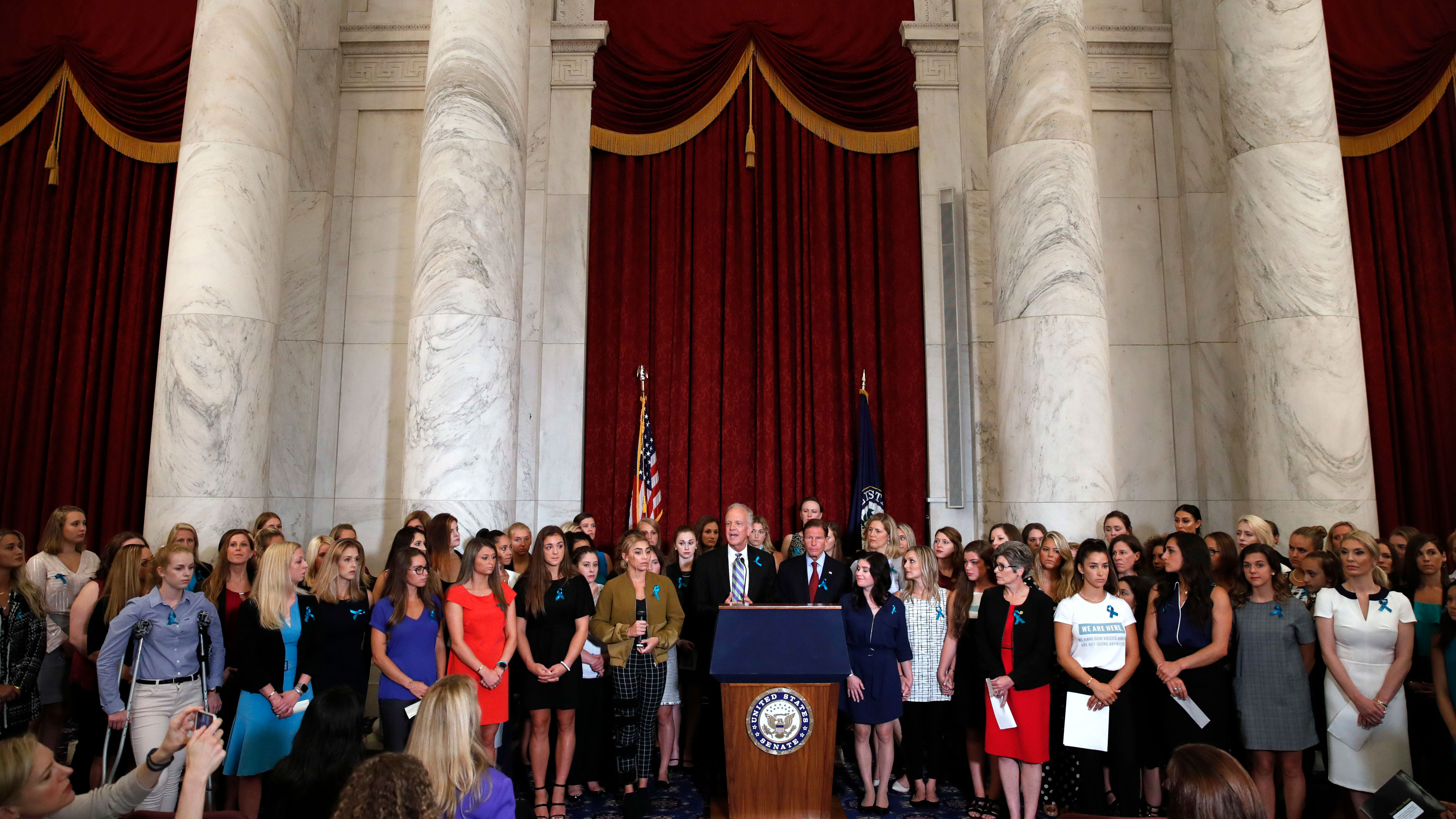Illinois Rep. Luis Gutierrez was among a group of Hispanic congressmen barred from a meeting Thursday with a top federal immigration enforcement official, while lawmakers who did make it to the meeting worry all undocumented immigrants are at risk of deportation.
According to Gutierrez, a Democrat, members of the Congressional Hispanic Caucus were scheduled to meet Tuesday with acting Immigration and Custom Enforcement Director Thomas Homan to discuss President Donald Trump’s controversial executive order on deportation.
The meeting was canceled at the last minute and rescheduled for Thursday, at which point, Gutierrez said, it was transformed into an invitation-only, Republican-led affair. The congressman was ultimately asked to leave by an aide to House Speaker Paul Ryan, who wasn’t on hand. Several other members of the CHC were also excluded.
“In 20-plus years, I have never heard of the Republicans controlling what meetings Democrats can have with officials of the Executive Branch and never had a staffer ask me to leave a meeting to which I am entitled to attend,” Gutierrez said in a statement.
A spokeswoman for Ryan told Politico Thursday that the speaker’s office organized the bipartisan meeting at the request of the DHS, limiting attendance to “members with jurisdictional interests in immigration enforcement,” including certain members of the Democratic caucus.
As NBC News reported, the members of Congress who did get to attend the meeting didn't walk away comforted. They still expressed concern for undocumented immigrants in the U.S.
Congressional Hispanic Caucus Chairwoman Michelle Lujan Grisham said that "all immigrant communities are at risk" with changes ordered by President Donald Trump through his executive orders.
Rep. Lucille Roybal-Allard, D-Calif., said in a statement that, "in effect, every undocumented person in America is now vulnerable to arrest and removal as a result of the president's orders."
Jennifer Elzea, an ICE spokeswoman, said in a statement that the meeting emphasized that ICE "does not conduct arrests indiscriminately" or use checkpoints. Officers instead seek out preidentified individuals for arrest at specific locations based on law enforcement leads." She explained that the arrests are made on "a case by case basis."
U.S. & World
Rep. Linda Sanchez, a vice chair of the House Democratic Caucus, said that "they said we can and should expect many more arrests and removals this year."
Last week, the U.S. Immigration and Customs Enforcement began carrying out Trump’s deportation order, arresting more than 680 individuals in Chicago, New York City, Los Angeles, Atlanta and San Antonio.
Department of Homeland Security Secretary John Kelly insisted Monday that the order only affects “convicted criminal aliens and gang members” and “individuals who have violated our nation’s immigration laws,” although some continue to question the scope of the enforcement.
"My constituents have questions about who is being targeted by ICE, which DREAMers with DACA they are targeting for deportation, which victims of domestic violence ICE is deporting, which immigrants at church shelters are being targeted,” Gutierrez said.
“We know the statements by Trump about targeting criminals is a lie, but we were hoping someone could give us the truth or any information at all,” he added.
A group of Democratic senators, including Illinois Sens. Dick Durbin and Tammy Duckworth, introduced legislation Thursday to rescind the measure.
“It’s time for Congress to stand up and make it clear that we will not be intimidated by the President’s bullying,” Durbin said in a statement. “This legislation would end the Administration’s mass deportation scheme and begin to lay the groundwork for a smarter, fairer immigration approach."
Trump extolled the virtues of his divisive order during a White House press conference Thursday,
"We've begun a nationwide effort to remove criminal aliens, gang members, drug dealers and others who pose a threat to public safety," he told reporters. "We are saving American lives. Court system has not made it easy for us."
Outlining his vision for bolstering the country's borders, Trump detailed plans for a "great wall" on the Mexican border and a crackdown on sanctuary cities, like Chicago. In addition, the president was unable to give a clear answer Thursday about how his administration would handle DACA students, who came to the country as young children and applied for deferred action, a form of relief from deportation.



